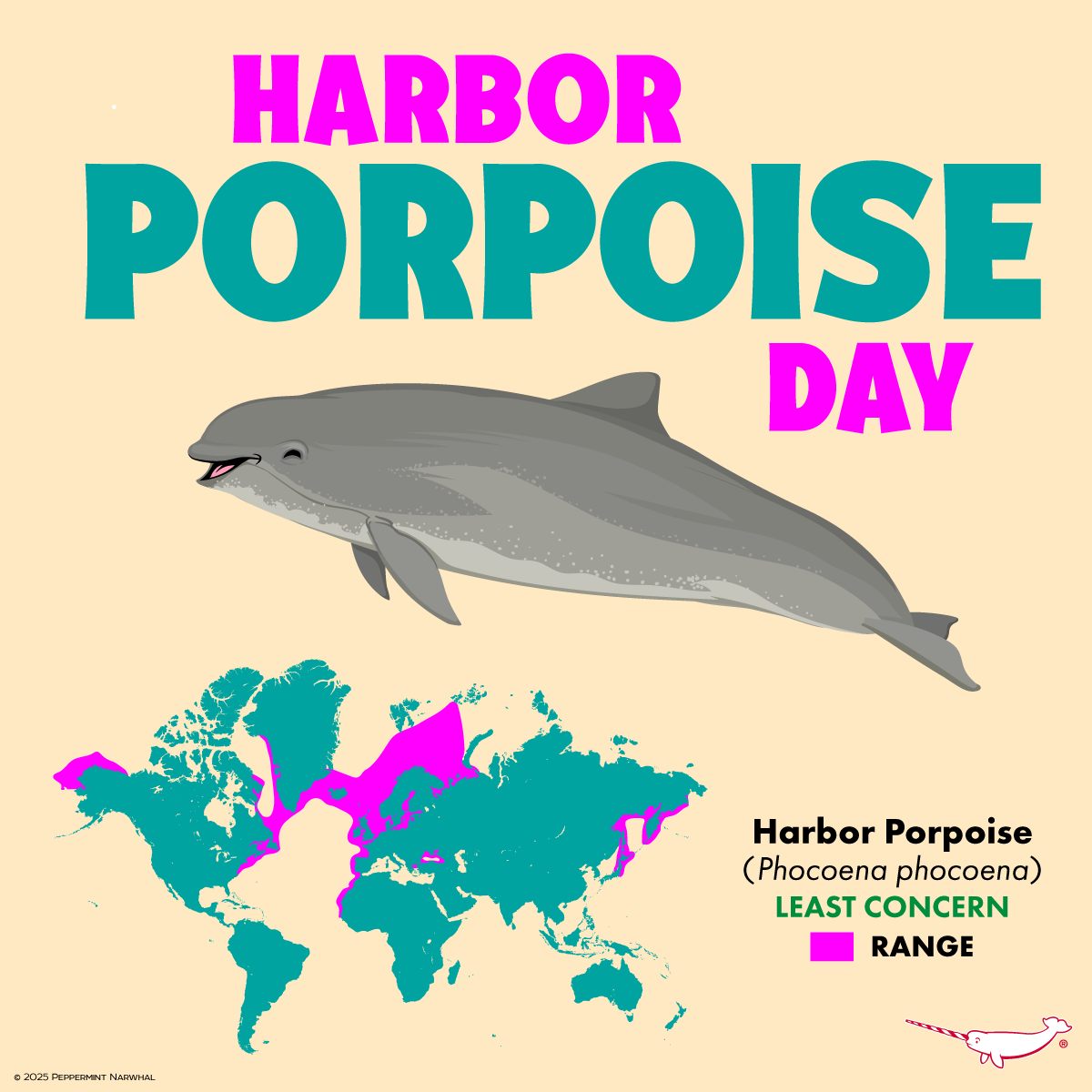- The biology and habitat of the Harbor Porpoise (Phocoena phocoena) and its unique adaptations for survival in coastal environments.
- The current challenges and threats facing the Harbor Porpoise, including pollution, nets, and human activities.
- The importance of conservation efforts and initiatives to protect the Harbor Porpoise and its habitat.
- The significance of Happy Harbor Porpoise Day in raising awareness and promoting education about this species.
- The role of citizen science and public involvement in monitoring and supporting Harbor Porpoise populations.
The Harbor Porpoise (Phocoena phocoena) holds a special place in the marine ecosystem due to its small size and coastal dwelling nature. It grows up to six feet long and weighs about 135 pounds, making it one of the smallest cetaceans. Its body is streamlined for swimming in the shallow coastal waters that it calls home. These regions are rich in nutrients, providing an abundance of prey such as fish and squid, essential for the porpoise’s diet.
Harbor Porpoises have adapted to survive in their environment with a suite of specialized characteristics. Their coloration, a blend of dark grey with a lighter underside, offers camouflage against predators from above and below. Additionally, their echolocation abilities are crucial for navigation and hunting in murky or cluttered waters, allowing them to detect and capture prey efficiently.
Despite its extensive range across the Northern Hemisphere, from the North Pacific Ocean to the North Atlantic, the Harbor Porpoise faces numerous threats. Pollution from urban and industrial runoff introduces harmful substances into their habitat, impacting health and prey abundance. Noise pollution from shipping and recreational boating disrupts their communication and echolocation, affecting their ability to hunt and navigate. Fishing nets, particularly gillnets, pose another significant threat. Bycatch, or unintended capture, often results in injury or death for these marine mammals.
Human-induced changes to their environment do not stop there. Coastal development and construction can degrade habitats and disrupt the natural environment they rely on. Moreover, overfishing reduces the availability of prey, pushing Harbor Porpoises to expend more energy searching for food. Climate change further challenges their survival, influencing prey distribution and water temperatures.
Conservation efforts are essential to mitigate these threats. Various organizations are working to implement measures such as reducing bycatch through the development of porpoise-friendly fishing gear and policing areas that harbor these marine mammals more strictly. Protected marine areas also help to offer safer environments where human activity is limited.
Happy Harbor Porpoise Day plays a pivotal role in amplifying these conservation efforts. Celebrated annually, this day brings attention to the Harbor Porpoise’s plight and highlights the importance of protecting their natural environment. It’s an opportunity for conservationists and the public alike to engage in activities and discussions to foster a deeper understanding of these marine animals.
Education is central to Happy Harbor Porpoise Day. Schools, museums, and aquariums often use this occasion to present educational materials and host events. These initiatives aim to reach broader audiences, informing them about the Harbor Porpoise’s ecological role and the challenges it faces. By raising awareness, we can inspire individuals to take action in their communities.
Citizen science is increasingly important in the study and conservation of Harbor Porpoises. Public participation in monitoring efforts allows scientists to gather data across broad geographic areas, often beyond what could be achieved through formal research alone. Citizen science initiatives encourage people to report sightings and behaviors, contributing valuable information regarding population health and distribution changes.
The public is encouraged to become involved in coastal clean-up efforts and advocacy for cleaner oceans, directly benefiting the Harbor Porpoise and other marine life. Individual actions, when multiplied across communities, can influence policies and lead to more substantial conservation success.
In summary, while the Harbor Porpoise continues to face various environmental challenges, concerted conservation efforts and public engagement hold the promise for a brighter future. Celebrating Happy Harbor Porpoise Day reminds us of our responsibility to protect these fascinating creatures and their habitats, ensuring their survival for future generations.
Through understanding and action, we can improve the prospects for the Harbor Porpoise, transforming awareness into tangible conservation success. As stewards of the ocean, our collective endeavors can pave the way toward sustaining healthy marine ecosystems and safeguarding precious wildlife like the Harbor Porpoise.
*****
Source Description
Happy Harbor Porpoise Day!
The Harbor Porpoise (Phocoena phocoena) is one of the smallest species of cetacean. As its name implies, it stays in shallow water near the coastline. This makes it more vulnerable to many threats including pollution, nets, noise, prey depletion from human fishing activities, recreational boat traffic & shipping, and construction. Although its current population is unknown to either be increasing or decreasing, the species has a large range which helps fortify it against its many threats, unlike the related Vaquita (Phocoena sinus) which has a very small range and is much more vulnerable to environmental threats. Because of its wide range and closeness to shore, the Harbor Porpoise is the most commonly observed of all the porpoise species. But despite this, it is not a well studies species. Some of the same challenges the Harbor Porpoise face make studying the species notoriously difficult, further compounded by its shy and elusive nature.
MARINE MAMMAL MERCH: https://www.peppermintnarwhal.com/s/search?q=marine%20mammal
NEW! Kickstarter – Endangered 7 (enamel pin series)
PLEDGE NOW: pnpins.com
The FINAL day to pledge is May 28, 2025.
We appreciate the support!
Shop www.peppermintnarwhal.com
International Shoppers (outside of the USA and Canada) visit our store on Etsy:
www.etsy.com/shop/PeppermintNarwhal

